Could specialty coffee become more popular in Rwanda?
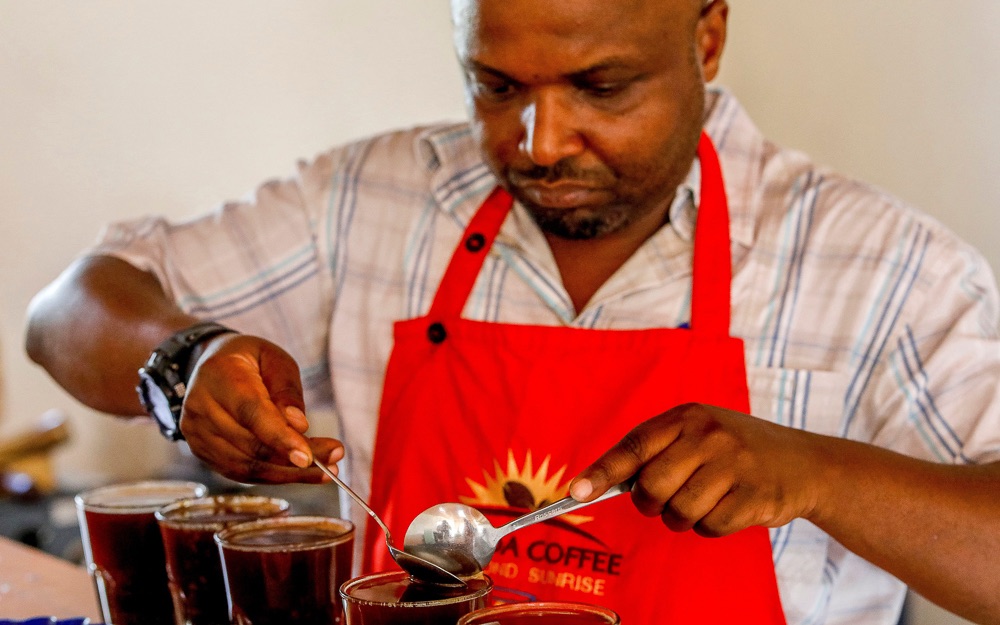
Rwanda is a landlocked country in East Africa. Bordered by Uganda, Tanzania, Burundi, and the Democratic Republic of the Congo (DRC), Rwanda is renowned for growing high-quality coffee, including along Lake Kivu – one of Africa’s Great Lakes.
In recent years, the country’s coffee sector has been growing at pace. According to the Rwanda Development Board, the country produces between 20,000 and 22,000 tonnes of coffee every year – making it one of Rwanda’s most important cash crops.
At the same time, quality has also been increasing. The country’s mountainous terrain, along with more investment in farming best practices, means there is potential to grow high-quality arabica with exceptional cup quality.
Although most of this coffee is exported, a small number of local specialty coffee shops and roasters have started to open in bigger cities.
Kenny Ntwali is the founder and managing director of Higa Coffee, a US specialty coffee importer which sources from Rwanda, Burundi, and the DRC. In this article, Kenny explores whether specialty coffee culture will become more prevalent in Rwanda.
You may also like our article on how coffee consumption is changing in Nigeria.
A brief history of coffee in Rwanda
Like many other places in Africa, Rwanda is a coffee-producing country – although coffee is not a native crop.
Coffee production in Rwanda dates back to the early 1900s when German colonists brought over seeds and plants. However, it wasn’t until Belgium colonised Rwanda in the late 1910s that production began to scale.
Under Belgian colonial rule, farmers were forced to grow coffee – but the focus was more on quantity rather than quality. As a result, coffee became one of Rwanda’s biggest cash crops and accounted for more than half of the country’s total agricultural exports.
However, the devastating 1994 genocide led to the deaths of around 800,000 people in just 100 days. This also had a huge impact on the country’s coffee production.
As Rwanda gradually recovered politically and socially, there was a big focus on rebuilding its coffee sector – which included the National Coffee Strategy developed in partnership with the World Bank. Some of the proposed solutions included:
Building more wet mills and washing stations
Replanting higher-quality coffee plants
Informing producers of the benefits of washed processing methods
Improving road infrastructure
Establishing more quality control checks throughout the supply chain
Restructuring the coffee sector’s regulatory body
What about consumption?
It’s clear that Rwandan coffee production has changed significantly over the years, with a push to produce higher-quality washed coffees. But traditionally speaking, coffee consumption is a different story.
Similar to other African countries, most people in Rwanda prefer tea over coffee for a number of reasons – including coffee’s historical colonial associations. For example, by 2026, the country is expected to produce around 33,000 tonnes of tea, and will consume some 15,000 tonnes in the same year.
For those who drink coffee in Rwanda, many roast coffee beans over an open flame and grind them by hand – typically with a pestle and mortar or other similar method. The ground coffee is then added to hot water to brew “strong” and bitter-tasting coffee – which leads many people to add milk and sugar.
Is specialty coffee culture becoming more popular?
Despite the fact that most people in Rwanda drink lower-quality coffee, specialty coffee culture has slowly been growing throughout the country.
This has partly been driven by Rwanda’s booming tourism industry. According to data from the Rwanda Development Board, revenue from tourism grew by more than 171% in 2022 – with many people visiting its national parks.
To cater to more diverse consumer preferences, a small number of specialty coffee shops and roasters are opening in bigger cities, especially in the capital of Kigali.
Outside of tourism, meanwhile, more and more Chinese roasters and traders have had a growing interest in East African coffees in recent years, including Rwandan beans.
Arguably more impactful, however, has been Rwanda’s economic growth. The World Bank states that if the level of current growth is maintained, Rwanda is on track to receive Middle-Income Country status by 2035 and High-Income Country status by 2050.
In line with this, more people now have higher levels of disposable income – meaning consumers are likely to spend more money on higher-quality coffee.
A bigger focus on education
Laetitia and Uzziel are the owners of Ikawa House in Rwanda. After receiving training from the Partnership for Enhancing Agriculture in Rwanda (PEARL) project in 2002, Laetitia is one of the first female specialty coffee professionals in Rwanda.
They explain that after the pandemic, they decided to open an educational facility to provide barista and roaster training, as well as teaching best practices for cupping and growing coffee. So far, they tell me they have trained more than 80 people working across various levels of the supply chain – an indication that specialty coffee is becoming more prevalent.
Uzziel explains that young people have been integral to making specialty coffee more popular in Rwanda, with some of them even establishing their own roasteries.
“You can see peoples’ appreciation of specialty coffee grow as we give them a taste of what Rwanda has to offer,” he says.
Looking ahead
It’s clear that Rwanda’s specialty coffee sector is steadily growing, but could it become more established in the future?
Mathias Kalisa is the founder of Rubia Coffee Roasters in Rwanda and one of the country’s first certified Q graders. The company sources locally-grown coffees – which it also sells in several European markets – and serves a variety of specialty coffee beverages such as pour overs.
He says there is potential for specialty coffee consumption to grow, but it’s important to foster better coffee-consumer relationships.
“You have to meet people where they are at,” Mathias explains. “With older generations, for example, they have history with coffee. Prior to the 1990s, it was mandatory for every rural family to have a ‘paysanat’, which is a small coffee farm with at least ten plants.
“If you start by connecting coffee with something that people know – no matter how small – you can start a conversation,” he adds. “Rwandans used to shy away from drinking coffee, but with a more accessible approach, we’ve seen this change to the point where people are experimenting with different types of coffee and brewing methods.”
The importance of promoting domestic consumption
Tourism plays an important role in popularising specialty coffee culture in Rwanda, but encouraging domestic consumption is key, too.
Raissa Ikuzwe is the founder of INO Coffee Series in Rwanda. She also advocates for more domestic consumption, and attends international events and panels to further support this push.
“In a country known for great coffee, people mostly drink cheap instant coffee,” she says. In a bid to boost the country’s specialty coffee sector, Raissa aims to use INO Coffee Series (which loosely translates to “our lands” in English) to promote high-quality Rwandan coffee. As part of this, she only sources coffees which score 87 points or higher, with a rotating selection of lots from different Rwandan producers.
“It’s been easy to source some exceptional lots because not very many people are looking for them,” she tells me.
Raissa’s efforts have not gone unnoticed, with Rwandair – one of the country’s biggest airlines – now serving INO Coffee Series to its business class customers.
Rwanda is certainly far off from becoming a major specialty coffee consuming market. Nonetheless, growth seems promising – with a steady number of specialty coffee businesses opening in bigger cities.
Given the country’s projected economic growth in the coming years, it’s safe to assume that we could see specialty coffee culture become more widespread.
Enjoyed this? Then read our article exploring coffee consumption in Kenya.
Photo credits: Ikawa House, INO Coffee Series, Rubia Coffee Roasters
Perfect Daily Grind
Want to read more articles like this? Sign up for our newsletter!
The post Could specialty coffee become more popular in Rwanda? appeared first on Perfect Daily Grind.
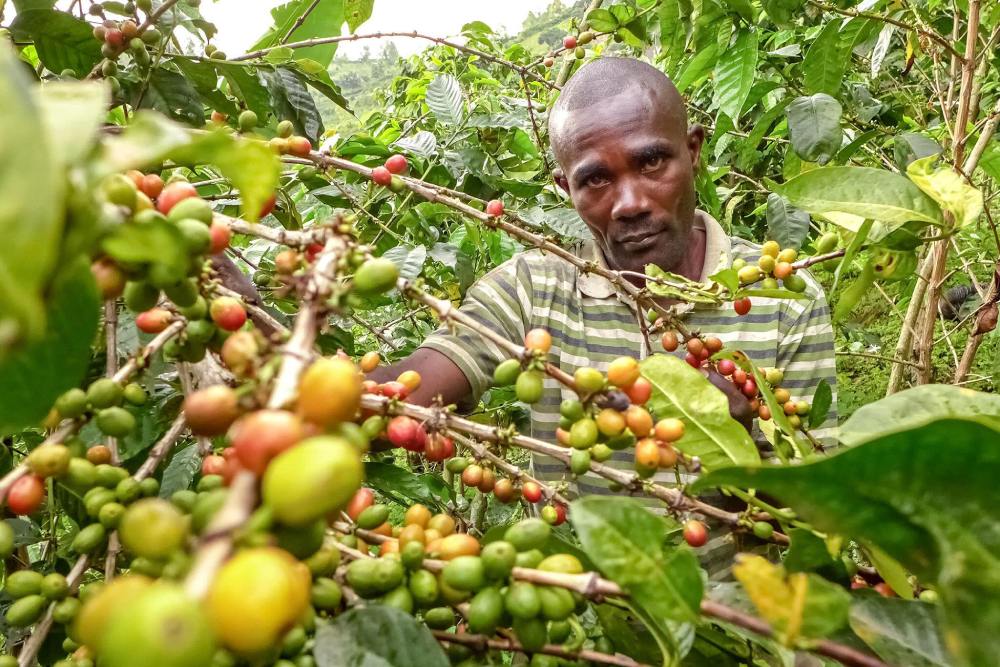
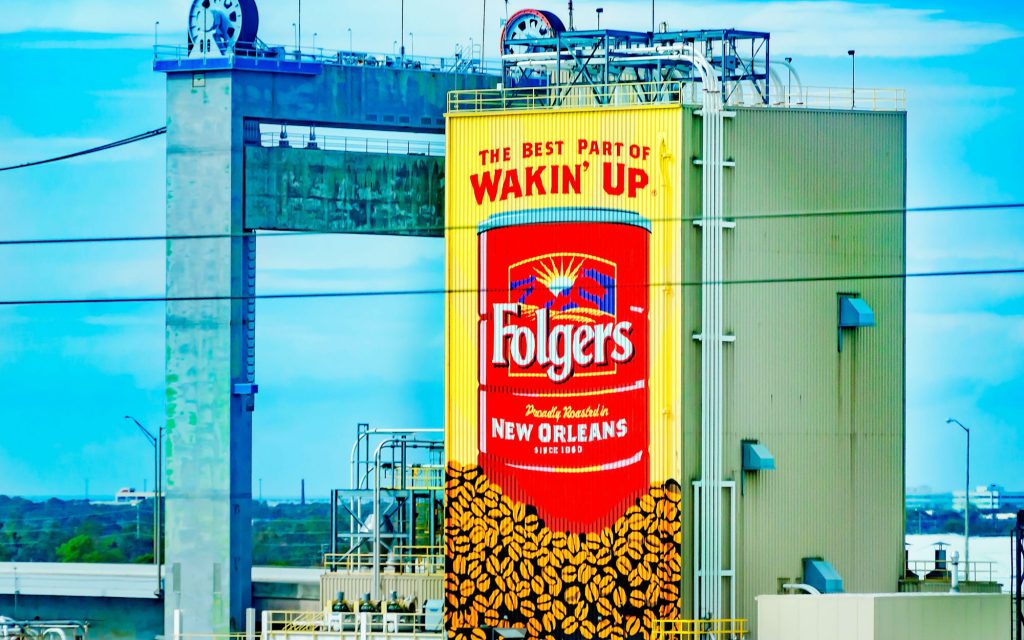
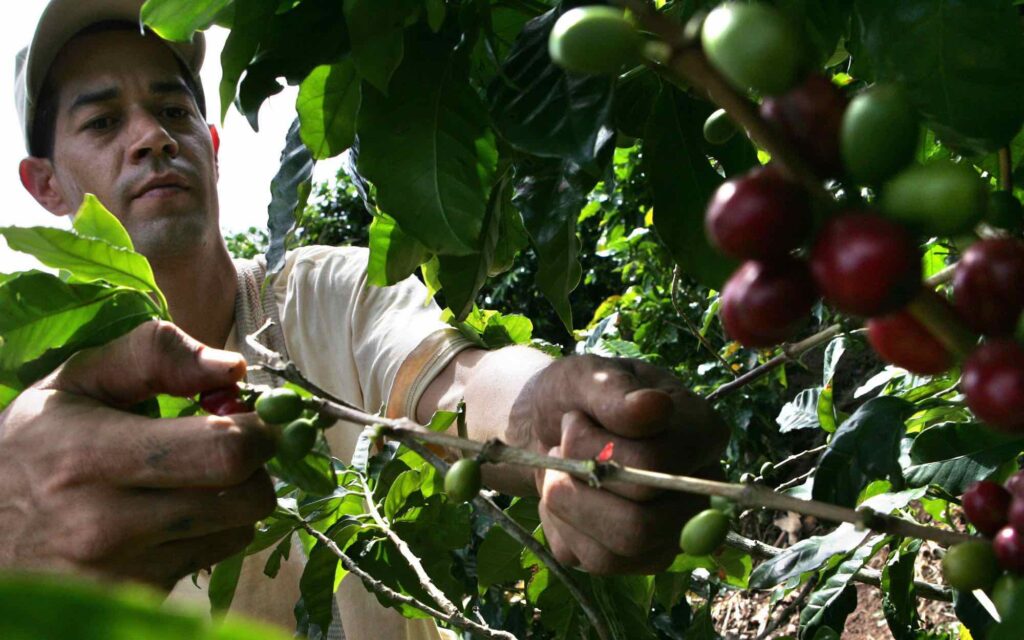
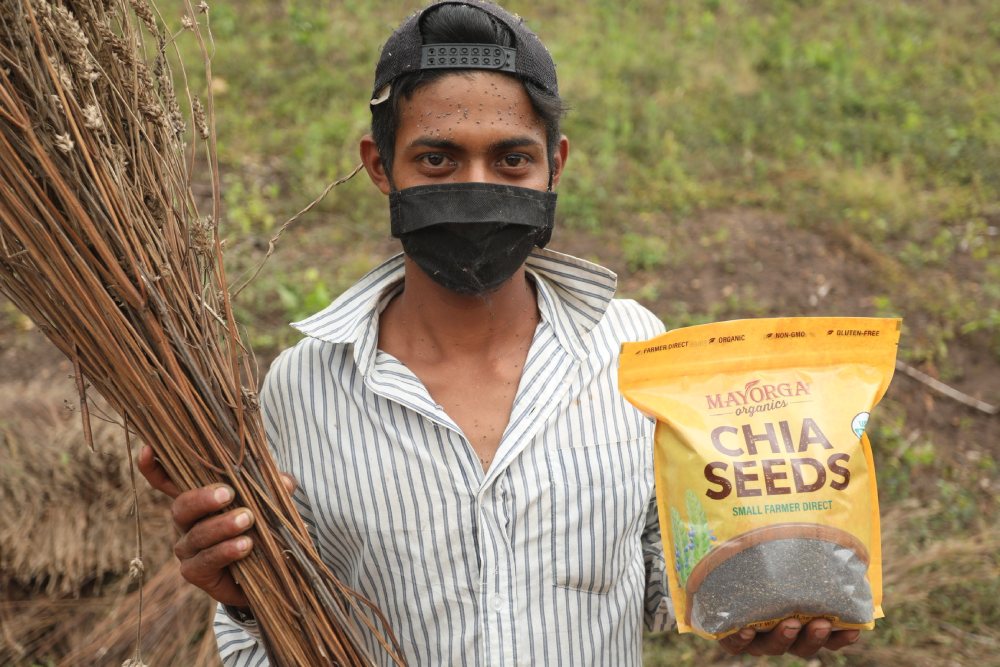
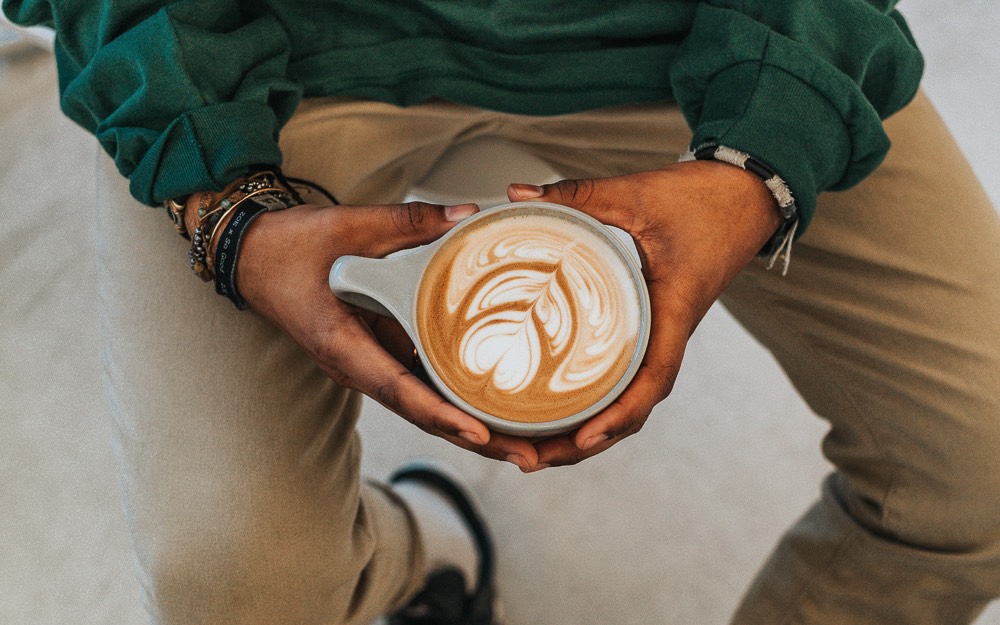
Responses